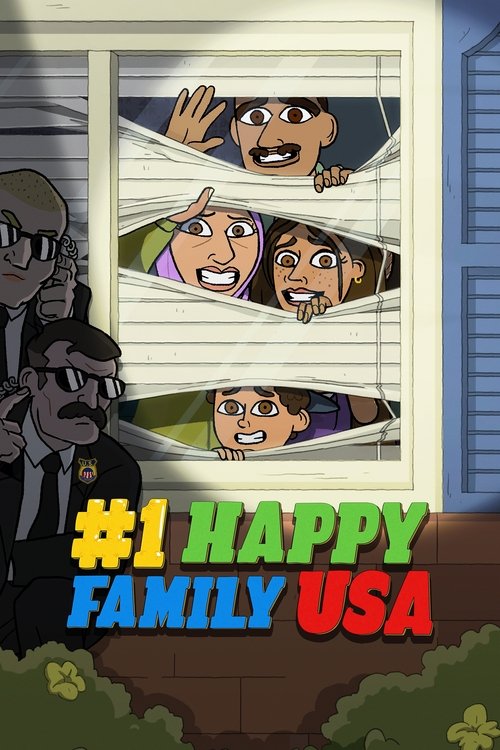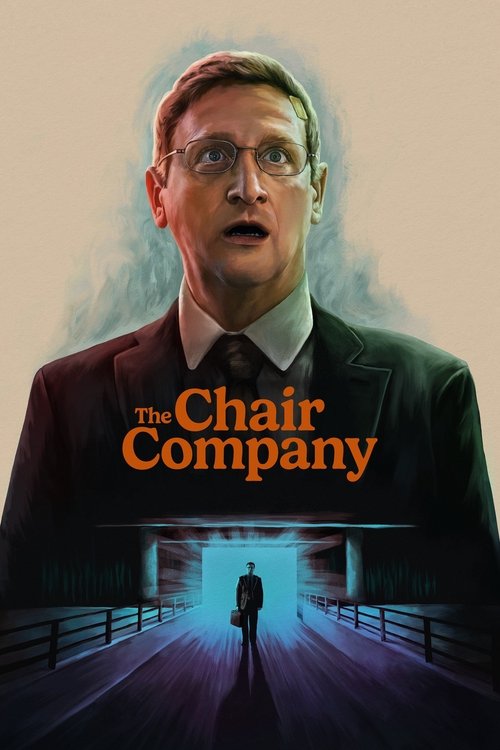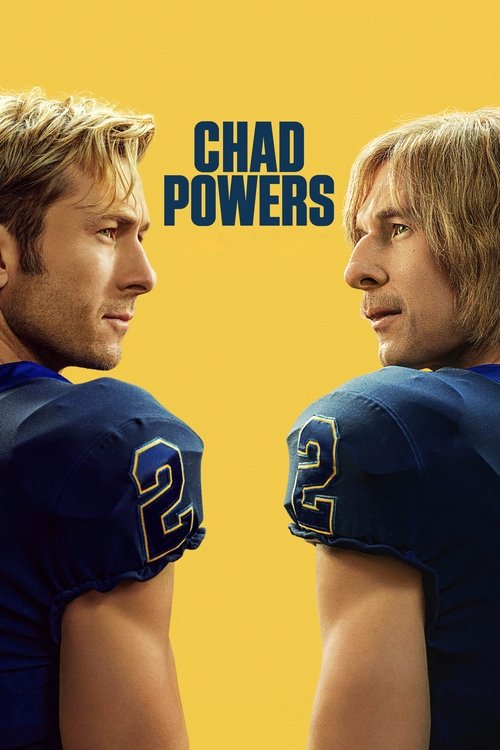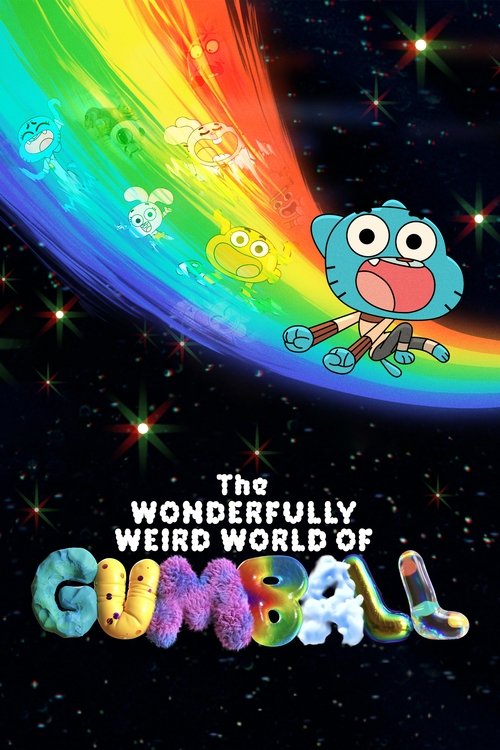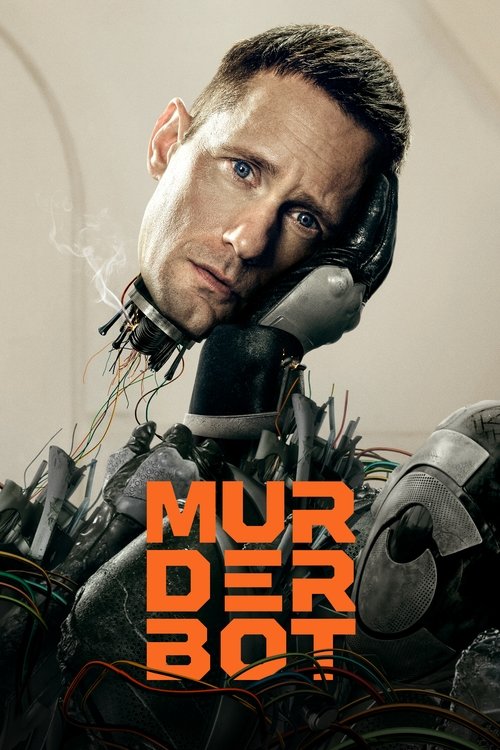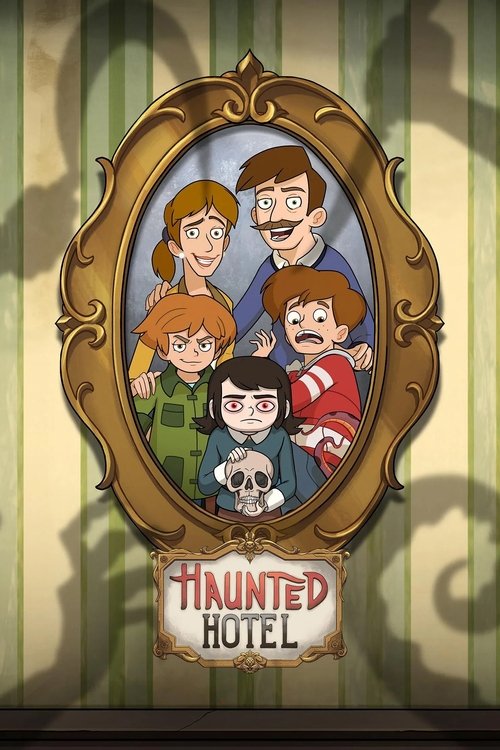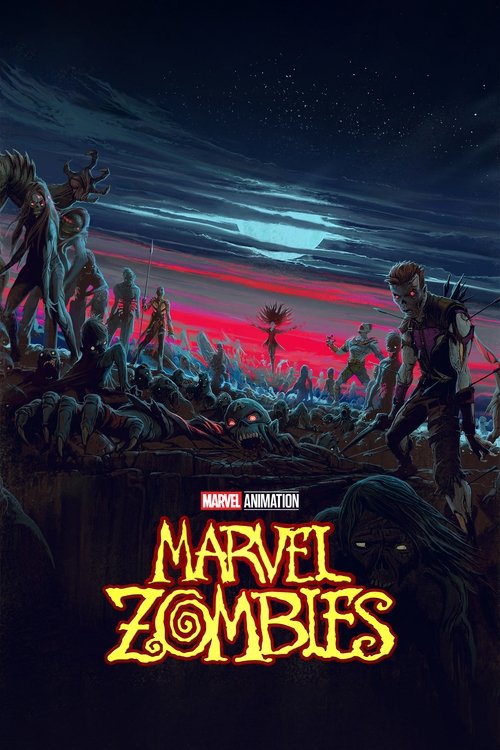
Ask Your Own Question
What is the plot?
The story begins with the Hussein family, an Egyptian-American Muslim household living in New Jersey during the early 2000s. They are introduced as a patriotic, peaceful, and non-suspicious family trying to live a normal life amid the cultural and political tensions of the era. The father, Hussein Hussein, is the head of the family, struggling to provide for them financially while maintaining his identity and values. His oldest son, Rumi, is a teenager navigating school life, identity, and social pressures. The family also includes Mona, the daughter, who is politically passionate and secretly dating a girl named Gina, and Sharia, another family member involved with the local mosque.
The first major event occurs on September 10th, when the family experiences a personal tragedy, though the details of this tragedy are not specified. The following day, September 11th, the family is caught in the chaos of the terrorist attacks, witnessing the historic events from an airport, which is described as the worst place they could be. This traumatic experience marks a turning point for the family and sets the tone for the rest of the season.
In the aftermath of the attacks, the Hussein family faces increasing hostility and suspicion from their community. Rumi becomes a social pariah at school due to the "See Something, Say Something" surveillance culture, and his education shifts from normal subjects like math to lessons focused on terrorism. The mosque that Sharia attends is infiltrated by racist white women with their own agendas, complicating the family's religious and social life. An FBI agent named Dan Daniels moves in across the street, adding to the family's sense of being watched and targeted.
In response to these pressures, Hussein makes a key decision to force the family to assimilate for their safety. He decorates their house with patriotic symbols like Fourth of July decorations, adopts the name Harry instead of Hussein, and shaves off his beard to avoid drawing negative attention. This decision reflects the family's struggle between maintaining their identity and protecting themselves in a hostile environment.
Rumi receives advice from a Pokémon-obsessed classmate named Marcus to code-switch in order to survive socially and avoid further alienation. Meanwhile, Mona continues to code-switch by presenting herself as Italian with long straight hair, but her political activism begins to conflict with her secret romantic relationship with Gina. These personal struggles highlight the theme of identity and the compromises the family members make to navigate their world.
Throughout the season, the family embarks on various misadventures as they try to coexist peacefully and reclaim the life they once had before the attacks and the rise of Islamophobia in America. These misadventures include confrontations with neighbors, challenges at school, and internal family conflicts driven by the external pressures of the time. The family's efforts to adapt and survive are portrayed with a mix of humor and poignancy, emphasizing their resilience amid adversity.
The season also explores the broader social and political context of the 2000s, including the wars in the Middle East, the anthrax scares, and cultural phenomena like boy bands, all of which form the backdrop to the Hussein family's story. The narrative weaves these elements into the family's personal experiences, showing how national and global events impact their daily lives and relationships.
The final episodes focus on the culmination of the family's attempts to assimilate and the tensions that arise from these efforts. Hussein's decision to change his appearance and name creates friction within the family, especially with members who want to hold on to their heritage. Rumi's struggles at school intensify as he tries to balance his identity with the need to fit in. Mona faces a critical choice between her political ideals and her relationship with Gina, leading to emotional confrontations. The presence of the FBI agent neighbor adds a layer of surveillance and mistrust that affects the family's sense of security.
The season ends without a neat resolution, reflecting the ongoing challenges the Hussein family faces in a post-9/11 America. Their story is one of continuous negotiation between identity, safety, and belonging, set against a backdrop of societal fear and prejudice. The final scenes emphasize the family's determination to stay together and support each other despite the external pressures and internal conflicts they endure.
What is the ending?
Short, Simple Ending Narrative
After a season of navigating the challenges of being a Muslim-American family in post-9/11 New York, the son of the Hussein family decides to join the U.S. Army, going against his Arab father's wishes. This decision sends emotional shockwaves through the family, especially as it leads to a painful but honest confrontation between father and son. The season ends with the family divided but acknowledging the complexity of their individual choices and the shared love that sustains them, even amid disagreement.
Expanded Narrative of the Ending
The finale begins with tension already simmering within the Hussein household. The family has spent the season adjusting to life as Muslim-Americans in the early 2000s, each member wrestling with identity, belonging, and the pressure to conform or stand out in post-9/11 New York. The episode builds toward a critical dinner scene where the son gathers his family around the table.
As plates are set and the table is filled with food, the son finally announces his decision to join the U.S. Army. Silence grips the table; forks pause mid-air, and eyes dart between the son and his Arab father. The father, visibly taken aback, drops his napkin onto his lap. His voice is low but firm as he asks his son to repeat himself. The son, displaying a mix of determination and fear, confirms his choice.
The room erupts into debate. The mother intervenes, trying to mediate, but the father feels betrayed and afraid for his son's safety, especially given the heightened scrutiny and risks facing young Muslim men. The siblings watch in uneasy silence, unsure of whose side to take, reflecting the family's broader struggle to find unity in their choices.
A later scene moves into the father's private conversation with his son. They stand in the backyard, the city lights twinkling in the distance. The father, voice cracking, asks if his son understands the dangers he will face. The son, looking directly at his father, says he wants to serve the country he now calls home, to prove his loyalty and to protect his family. This exchange is marked by both anger and deep care, as each tries to persuade the other without yielding.
The episode culminates with the son packing his bags. The family watches, some crying, others offering quiet words of encouragement. The father, though still visibly upset, concedes to his son's agency, hugging him tightly before he leaves. The brothers and sisters all join in, making a group hug that is both bittersweet and hopeful.
The final shot lingers on the family gathered in the doorway, watching the son's taxi pull away. The screen fades to black, leaving the impression that while the family is divided by circumstance and beliefs, their love remains unbroken. The show underscores the challenges of bridging generational and cultural divides, highlighting how immigration, patriotism, and family loyalty can pull individuals in different directions.
There are no easy answers, but the ending affirms the family's resilience and the messy reality of living between worlds. Each character's journey--whether grappling with safety, belonging, or legacy--is honored in these scenes. The finale does not resolve the conflict, but it allows space for hope, mutual respect, and the promise that bonds of love can endure even the hardest choices.
Who dies?
As of the provided search results, there is no information indicating that any characters die in the TV show "#1 Happy Family USA" produced in 2025. The show focuses on an Egyptian-American Muslim family navigating the early 2000s, dealing with themes like Islamophobia and identity, but specific details about character deaths are not mentioned in the available information.
Is there a post-credit scene?
The TV show "1 Happy Family USA" (2025) does not have any information indicating the presence of a post-credit scene. The available detailed breakdown of the season finale describes the final moments of the episode, where the family is shown praying together, symbolizing a tentative reconciliation, but there is no mention of a post-credit or after-credits scene following the episode's conclusion. None of the other sources provide any indication of a post-credit scene either.
What are the main themes explored in #1 Happy Family USA?
The show explores themes of family dynamics, identity, cultural assimilation, and the challenges of navigating life as a Muslim-American family in post-9/11 America. It also addresses the chaos of everyday life, sibling relationships, and the struggle to maintain love and humor amidst external pressures and societal suspicion.
How does the show portray the impact of 9/11 on the Hussein family?
The Hussein family, initially an average dysfunctional family, is suddenly viewed as a suspected terror cell after the 9/11 attacks. The father goes into assimilation overdrive, adopting American symbols and changing his appearance to prove their patriotism, while the mother insists on wearing her hijab, highlighting internal family tensions and societal pressures.
Who are the main characters in #1 Happy Family USA and what roles do they play?
The main characters include Rumi Hussein (voiced by Ramy Youssef), his mother Sharia Hussein (a receptionist who insists on wearing her hijab), the father (a doctor turned halal cart owner), and other family members such as Mona Hussein and Grandma. The show also features characters like Dr. Riley, an eccentric dentist, and classmates who interact with Rumi.
What is the tone and style of the show?
1 Happy Family USA uses adult animation to deliver political satire mixed with coming-of-age storytelling. The tone is a blend of sophisticated, loud, and dumb humor, allowing the creators to push the boundaries of satire. The animation style supports wild extremes in storytelling, making it a unique vehicle for exploring serious themes with comedic elements.
How does the show depict the family’s cultural and personal identity struggles?
The TV show #1 Happy Family USA depicts the Hussein family, an Egyptian-American Muslim family, grappling with cultural and personal identity struggles primarily through the lens of post-9/11 America in the 2000s. The show portrays their navigation of fear, assimilation, and the tension between preserving cultural identity and seeking safety in a society that often views them with suspicion. The father tries to protect the family by encouraging them to appear less visibly Muslim, reflecting an older generation's instinct to assimilate for safety, while younger family members wrestle with embracing their faith and identity more openly. This dynamic creates a nuanced portrayal of intergenerational conflict and the complexity of immigrant family experiences.
The series uses humor, satire, and absurd storytelling to capture the unique challenges Muslim Americans face, such as anxiety about acceptance, potential hate crimes, and the pressure to code-switch between cultures. It also explores generational trauma, showing some characters deepening their faith post-9/11 while others distance themselves from it. The family's struggles include balancing guilt, pride, and survival, without the show taking a definitive stance but rather revealing the ongoing tension within the family and community. This approach allows the show to present Muslim Americans as complicated and multifaceted, moving beyond stereotypes and trauma narratives to show authentic voices and experiences.
For example, the character Mona, a first-generation Muslim Egyptian-American, deals with personal identity issues related to her sexuality and cultural expectations, highlighting the intersection of personal and cultural identity struggles. The show also emphasizes the economic pressures on the family, framing their story within the broader context of capitalism and survival in a money-driven society.
Overall, #1 Happy Family USA depicts cultural and personal identity struggles through the family's efforts to maintain their heritage and faith while confronting external prejudice and internal conflicts, using satire and heartfelt moments to portray these challenges realistically and with depth.
Is this family friendly?
The TV show #1 Happy Family USA (2025) is an animated comedy series about the Husseins, an Egyptian-American Muslim family navigating life in the 2000s. It is produced by Ramy Youssef and Pam Brady and streams on Prime Video.
Regarding family-friendliness:
-
The show is generally well received critically, with a 94% positive review rating on Rotten Tomatoes and a Metacritic score indicating "generally favorable" reviews.
-
However, the series is an animated comedy likely geared more towards adult audiences given the creators and themes, and it may include humor and situations that could be sensitive or objectionable for young children or very sensitive viewers. The show deals with cultural and family dynamics, which sometimes include mature or nuanced content typical of adult animation.
-
There are no detailed official ratings or specific content warnings found in the search results that explicitly list potentially upsetting or objectionable scenes without spoilers. But based on the genre, production style, and creators' known works, parents might want to expect some mature humor, cultural references, or themes that might require discretion for children.
In summary, #1 Happy Family USA is probably more suitable for teens and adults rather than young children, and sensitive viewers should be aware that as an adult animated comedy it may contain mature themes or situations. There is no publicly detailed list of objectionable scenes that reveals spoilers, so parental discretion is advised if children are watching.
Does the dog die?
There is no indication from available information that the dog dies in the TV show #1 Happy Family USA (2025). The show's premise and cast details do not mention any plot involving the death of a dog, and no specific content warnings related to animals are noted in the summaries or official descriptions.

